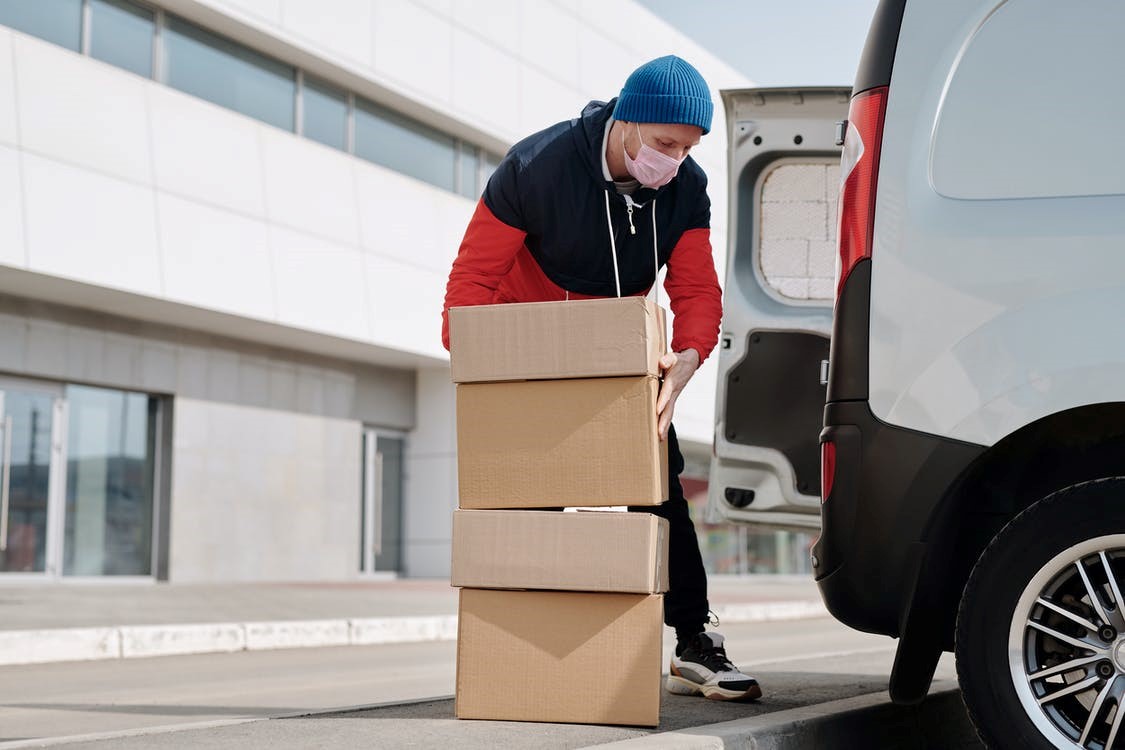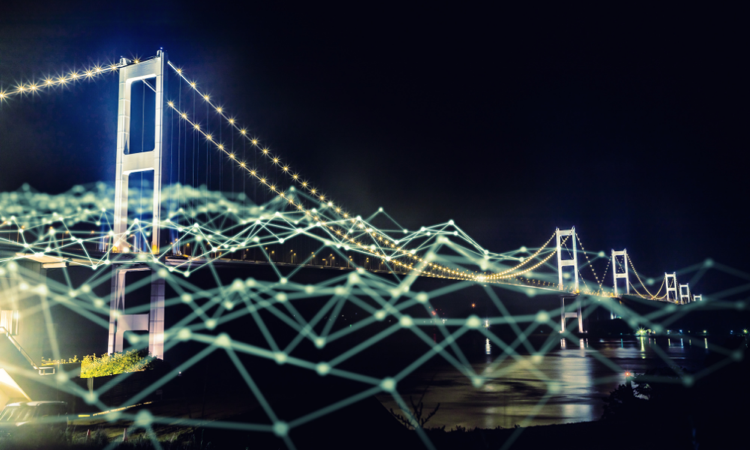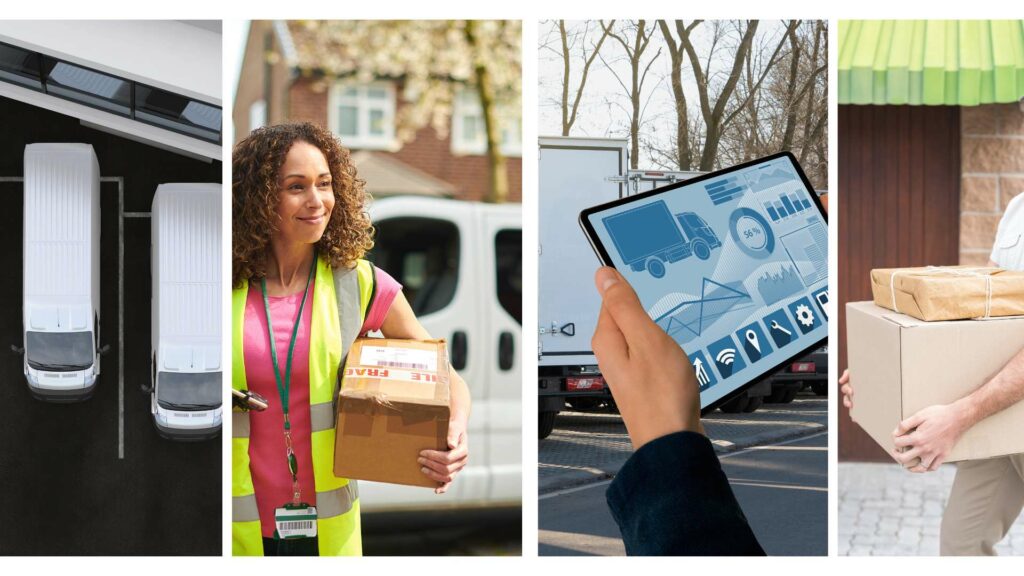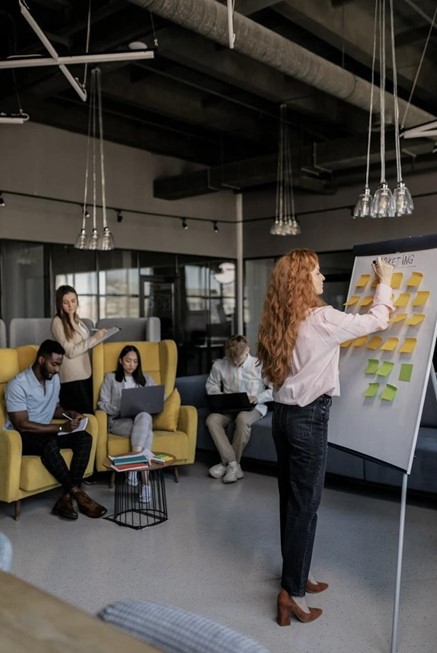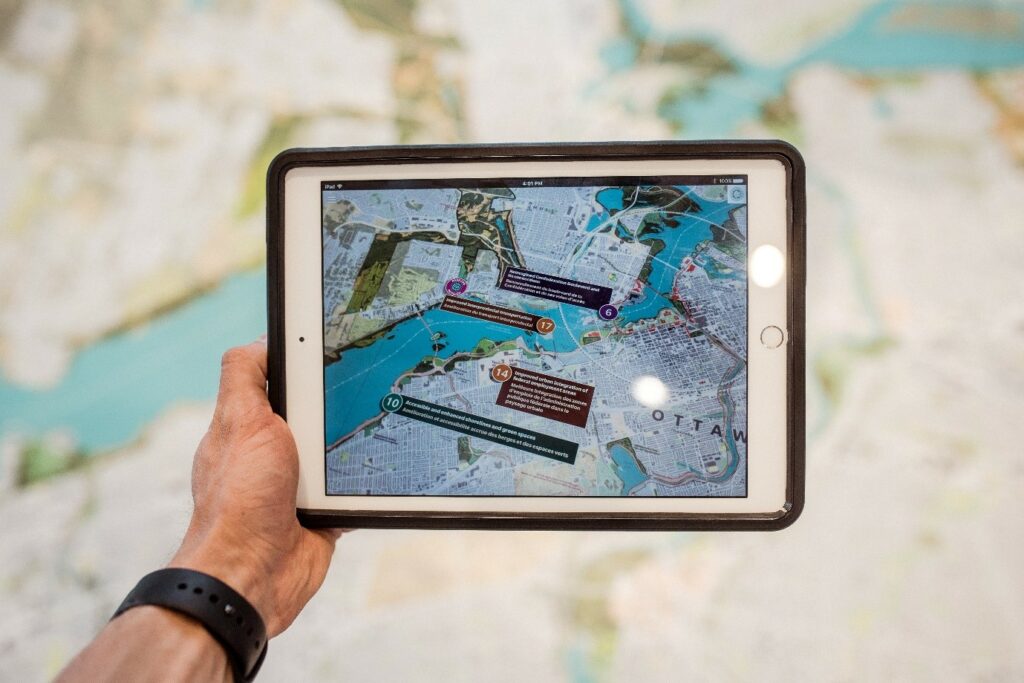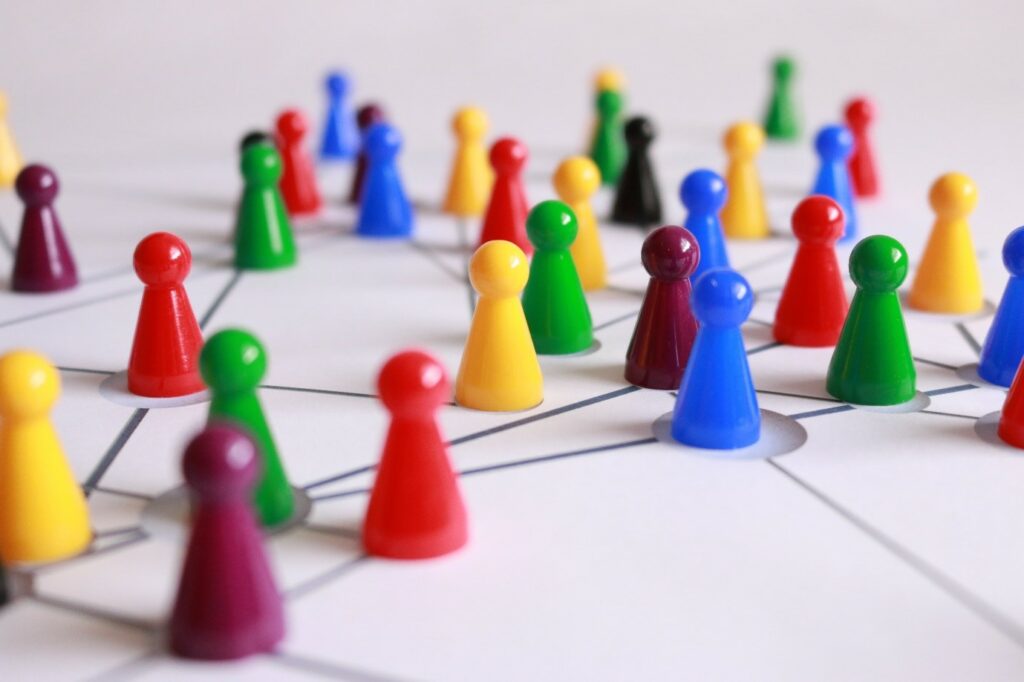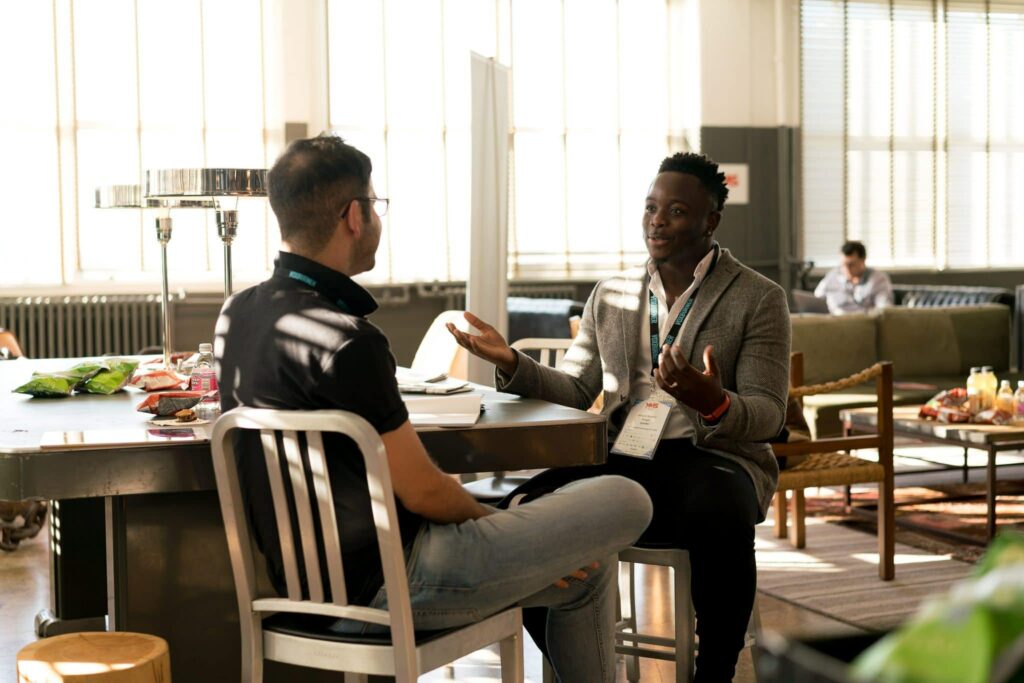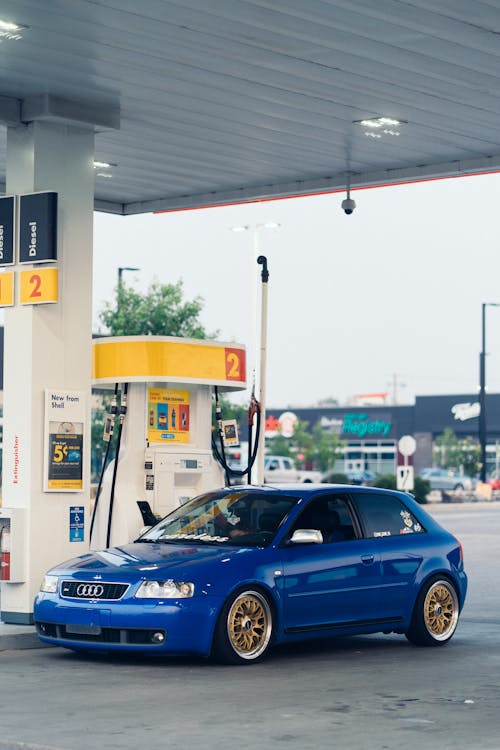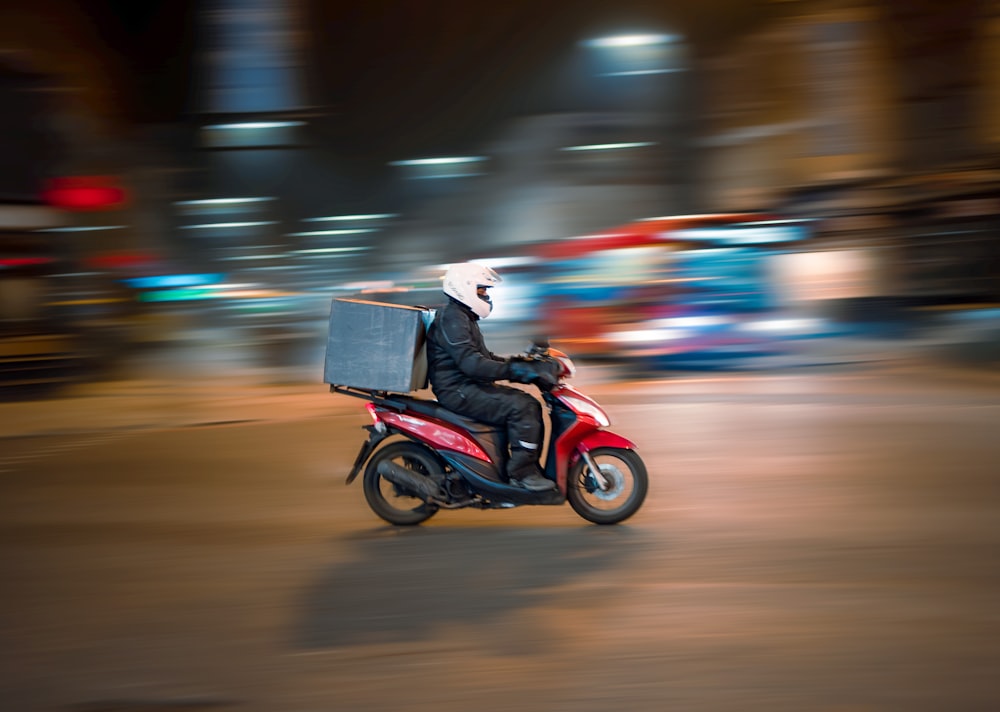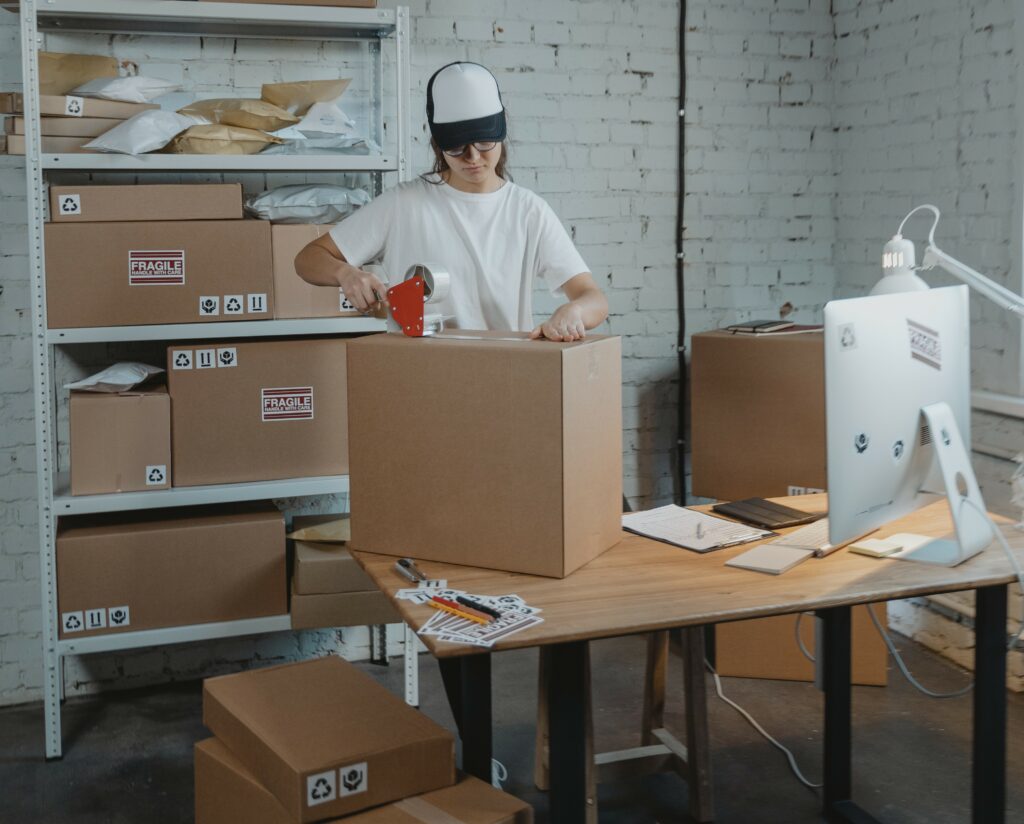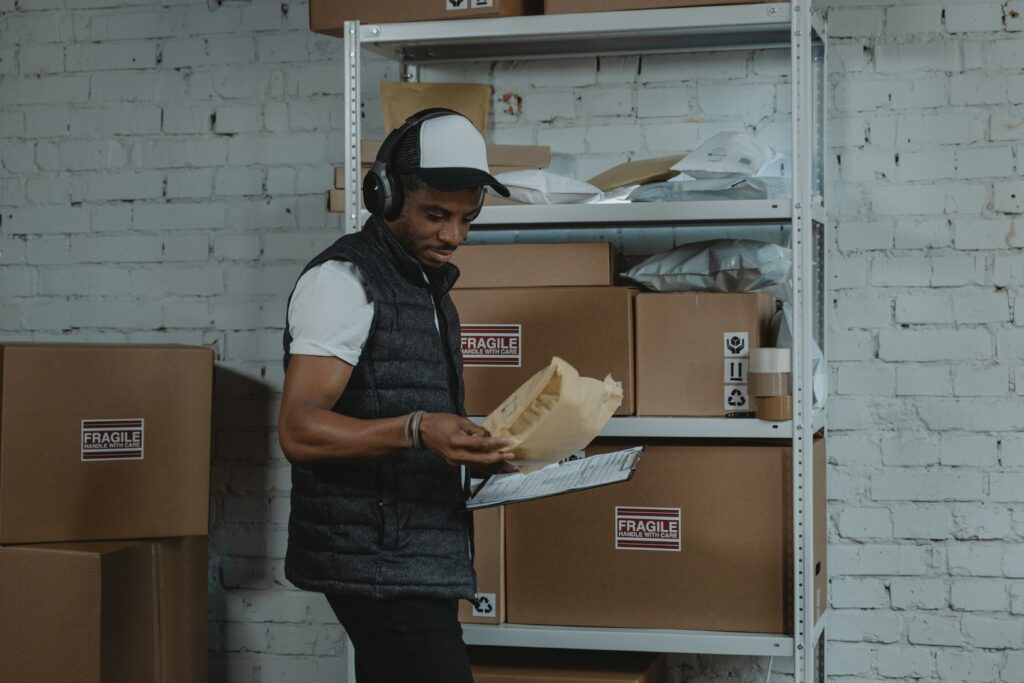The smartlocker industry has undoubtedly become a new and innovative method of conducting last-mile delivery in South Africa. However, this industry has the potential to not only positively affect the country on a national scale, but can have a much greater impact internationally. This blog aims to investigate the ways in which the smartlocker business model can contribute to achieving the well-known, global Sustainable Development Goals (SDGs) through, amongst others, its effect on infrastructure, economies, environments and safe health protocols.
An overview of the SDGs
In 2015, the United Nation’s Member states came together and heeded the call to implement action that would aid in the elimination of poverty, protection of the planet and attainment and enhancement of people’s peace and prosperity by the target date of 2030. Consequently, the 17 SDGs came into existence. The ultimate aim of these goals is to enhance economic prosperity within planetary boundaries that leaves no one behind. The various SDGs cover a wide range of areas including, amongst others, equality, poverty, education, sustainability and global partnerships. These SDGs should not be viewed in isolation, since action taken to promote one SDG, undoubtedly affects the outcome of other ones.
With the commencement of SDGs, the global community decided that every country is responsible for the achievement thereof. This means that accountability does not only lie with governments, but rests on all members of society, including businesses and civil society.
Africa’s role in working towards the achievement of SDGs
The African continent has various ways in which it attempts to fulfil its obligation of contributing to the achievement of SDGs. In July 2016, an autonomous, non-profit organisation was established, namely the ‘The Sustainable Development Goals Centre for Africa (SDGC/A).’ The establishment of this organisation was an effort by African leaders to ensure that support, advice and expertise could be offered to national governments, civil societies and academic institutions to accelerate the implementation of the SDG agenda across the African continent. SDGs are specifically important for African countries since the goals are closely associated with the African Union’s Agenda 2063, which represents Africa’s long-term social and economic transformational plan for a prosperous continent.
The African continent still faces challenges when trying to achieve the SDGs, due to the fact that 40 percent of African countries are still classified as “low income” nations. However, progress can be witnessed in African countries’ efforts through their development of plans that aim to enhance the adoption of latest technologies, create various job opportunities and adopt sustainable energy sources.
So you may be asking: What role do smartlockers play in the implementation of SDGs?
1. SDG 3: Ensure healthy lives and promote well-being for all at all ages
The world is currently facing the global health crisis of COVID-19, which undoubtedly relates to SDG 3 in terms of affecting the lifestyle and wellbeing of all people. Due to the risk posed by COVID-19, many businesses are investigating the variety of options to ensure that safer and more efficient mechanisms are utilised to avoid COVID-19 transmission and protect people’s health.
Smart lockers can undoubtedly be one such mechanism as they allow for contactless delivery, thereby minimising the risk of COVID-19 transmission. This use of smart technology does not only improve the sanitation and hygiene protocols of delivering goods, but allows businesses to make an active contribution for the reduction and/or prevention of COVID-19 transmission.
2. SDG 8: Promote inclusive and sustainable economic growth, full and productive employment and decent work for all.
New and upcoming industries, such as the one to which smartlockers belong, can become engines for job creation and economic growth through enhancing last mile delivery within the supply chain and boosting economic activity. Jobs are generated in the form of drivers, administrative staff as well as customer service personnel. This is fundamental for South Africa, due to its very high unemployment rate of approximately 28,48%. It also opens up opportunities for franchising which could ultimately aid economic growth.
SDG 8 is closely aligned with the aims of SDG 9, as will be seen below.
3. SDG 9: Build resilient infrastructure, promote inclusive and sustainable industrialisation and foster innovation.
SGD 9 is one of the most intriguing of the global goals, since it is a foundational SDG that helps achieve many other global goals. According to Erik Hersman, CEO of BRCK, digital infrastructure is fundamental in bringing about real economic change in Africa. With the availability of faster, cheaper and more reliable Internet, entrepreneurs have many opportunities at their fingertips to find customers, meet their needs, grow their businesses, and ultimately create jobs.
The above-mentioned opportunities, suggested by Hersman, embody what the smart locker industry is trying to achieve. This is done through:
- developing infrastructure which fosters innovation – since smart lockers offer a new and unique locker system that encourages digital technology;
- improving the online purchase experience for customers; and
- ultimately opening the opportunity for smartlocker entrepreneurs/businesses, which can lead to the development of a sustainable industry.
4. SDG 13: Take urgent action to combat climate change and its impacts
Due to rising Carbon dioxide (CO2) levels and other greenhouse gases in the atmosphere, this goal aims to strengthen the global response to the threat of climate change. When countries attempt to rebuild their economies post COVID-19, recovery plans need to shape the 21st century economies in ways that are cleaner, greener, healthier, safer and more resilient.
When it comes to environmental issues related to last mile delivery, consideration must be given to the frequency and treatment of failed deliveries. If a delivery is unsuccessful, it is not only costly and time-consuming for both retailers and carriers, but also has a detrimental effect on the environment. Additional CO2 is attributable to delivery failures due to the fact that subsequent delivery attempts and extra vehicle mileage is required. The smartlocker business model plays a vital role in preventing re-deliveries and thus increases delivery efficiency, which contributes to the reduction in greenhouse gas emissions.
Africa, along with other continents, has realised the role that that it should play in ensuring the achievement of SDGs and this can be done through a variety of means such as national organisations, business development and/or the general promotion of economic growth. It is clear that the smartlocker industry does not only affect the South African economy and citizens, but can ultimately aid with the achievement of the global SDGs. The smartlocker business is one such model in South Africa that, through improving infrastructure, creating jobs and offering safe and contactless delivery methods, supports the achievement of SDGs.


